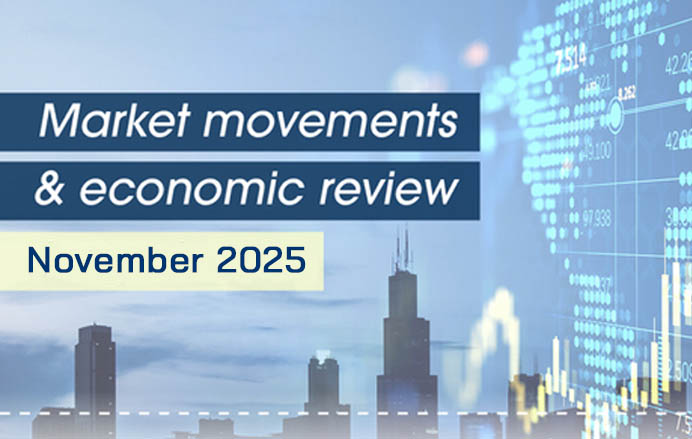Stay up to date with what’s happened in the Australian economy and markets over the past month.
Australia’s economy remained under pressure in October. Investors sharply pared back future rate-cut bets after inflation data came in higher than expected.
News of the higher-than-expected inflation numbers was followed by the biggest daily fall in the Australian share market in two months.
Wall Street ended the month subdued over suggestions of no further rate cuts expected this year but there was some optimism about US-China relations.
Click here to view our update.
Please get in touch on 03 9723 0522 if you’d like assistance with your personal financial situation.
Suite 2, 1 Railway Crescent
Croydon, Victoria 3136
Email: integrityone@iplan.com.au
Telephone : 03 9723 0522





